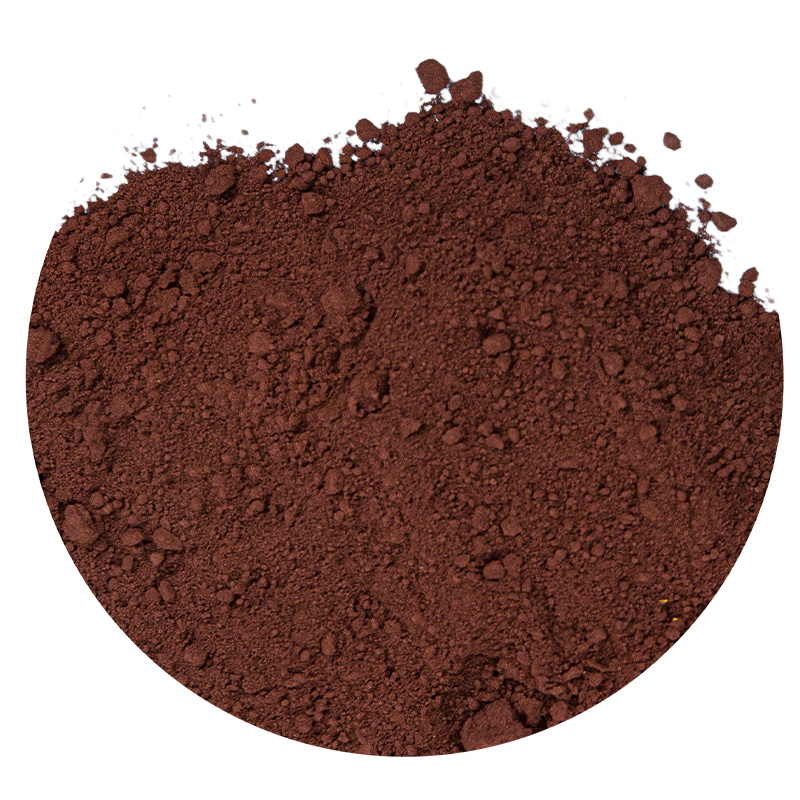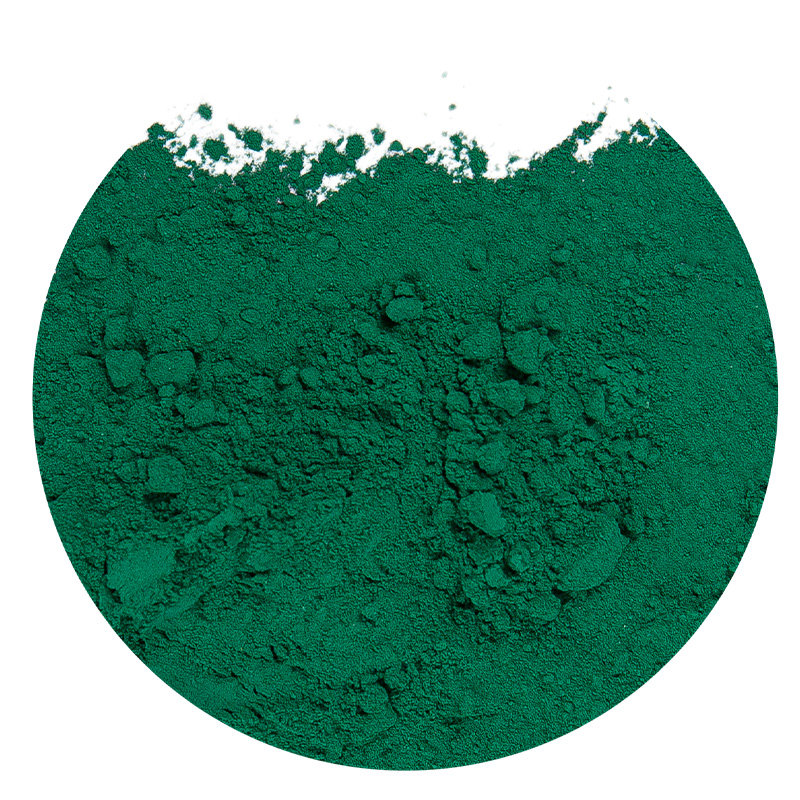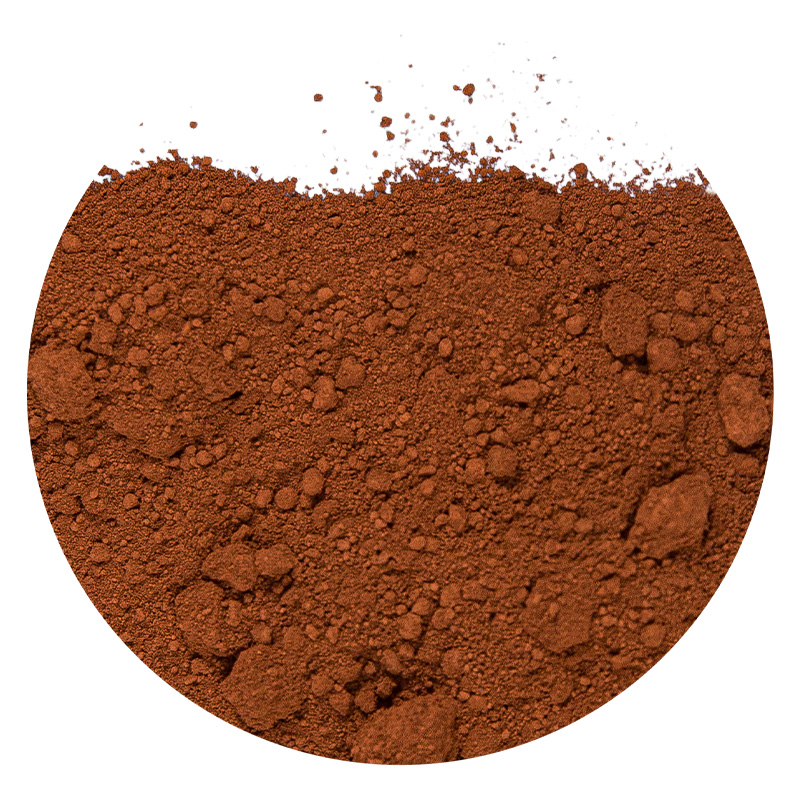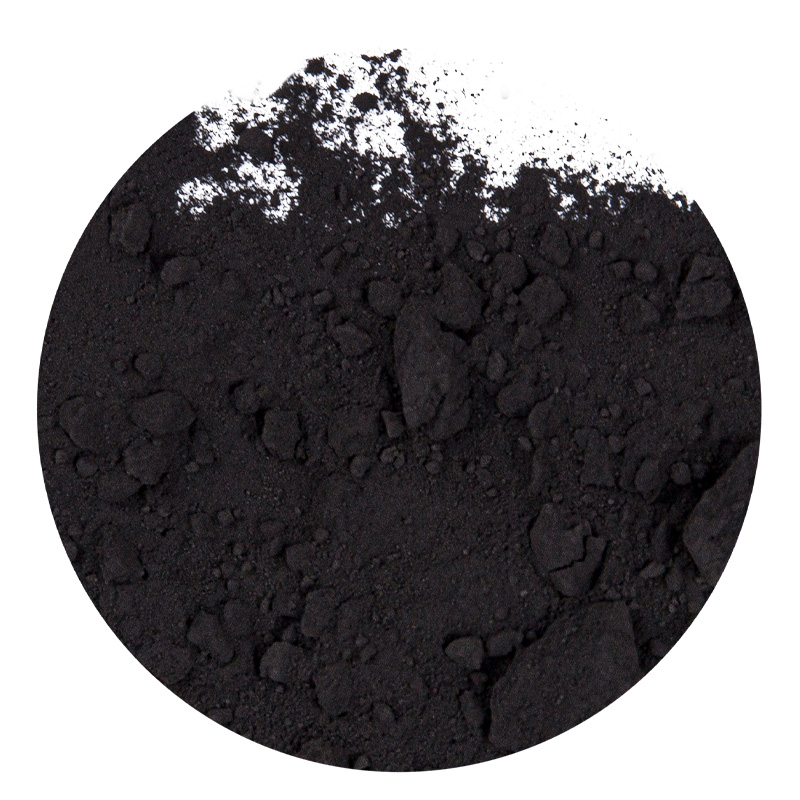Comparative Analysis of Iron Oxide Brown 686 Powder and Other Brown Iron Oxide Pigments (663 / 610)
- 1 Overview of the Core Pigment – Iron Oxide Brown 686 Powder
- 2 Comparison Pigments – Brown Iron Oxide 663 and Brown Iron Oxide 610
- 3 Detailed Comparison: Iron Oxide Brown 686 Powder vs 663 vs 610
- 4 Selecting the Right Pigment Grade: Focus on Long‑Tail Topics
- 4.1 How to Choose a Grade with **low heavy metal iron oxide brown 686 powder grade** Requirement
- 4.2 Application‑Specific Considerations: **iron oxide brown 686 powder for concrete colouring** and **synthetic iron oxide brown 686 pigment applications**
- 4.3 Performance Under Harsh Conditions: **iron oxide brown 686 powder weather and alkali resistance**
- 5 Why Our Company's Offering Stands Out
- 6 Conclusion and Recommendations
- 7 FAQ
- 7.1 1. What is the main difference between iron oxide brown 686 powder and the 663 grade?
- 7.2 2. Can I use iron oxide brown 686 powder for concrete colouring in precast facade panels?
- 7.3 3. What should I check if the specification calls for **low heavy metal iron oxide brown 686 powder grade**?
- 7.4 4. How does the performance of **synthetic iron oxide brown 686 pigment applications** differ in coatings vs plastics?
- 7.5 5. Does iron oxide brown 686 powder weather and alkali resistance mean it will never fade or deteriorate?
In the world of inorganic colourants, the choice of the right brown iron oxide pigment can influence performance, durability and cost‑efficiency in coatings, construction materials and plastics. This article examines the core pigment Iron Oxide Brown 686 Powder, presents five related long‑tail aspects, and compares it in depth with alternative pigment grades such as 663 and 610, to equip manufacturers and specifiers with a detailed guide.
Overview of the Core Pigment – Iron Oxide Brown 686 Powder
Composition and Key Properties
- The pigment is described as a deep brown synthetic iron oxide with colour index references Pigment Red 101 / Pigment Yellow 42 / Pigment Black 11. :contentReference[oaicite:0]
- Typical specification: Fe₂O₃ content ≥88 %.
- Properties include high tinting strength, high hiding power, excellent lightfastness, strong alkali and weather resistance.
- The powder form makes it suitable for the long‑tail requirement of **iron oxide brown 686 vs 663 brown pigment comparison** in industrial use.
Typical Industrial Applications
- Used in coloured concrete, paving stones, roofing tiles, bricks and architectural precast elements.
- Applicable in plastics, rubbers, paper, asphalt and building materials, reflecting the long‑tail topic of **iron oxide brown 686 powder for concrete colouring**.
- Also suitable for coatings and decorative applications where durability under environmental exposure is required.
Comparison Pigments – Brown Iron Oxide 663 and Brown Iron Oxide 610
Overview of 663 and 610 Pigments
- The brown iron oxide grade 663 is listed alongside 686 in pigment supplier portfolios.
- The grade 610 is another benchmark pigment in the brown series.
- Both are synthetic brown iron oxides offering standard performance for pigments; differences lie in tone, strength and suitability.
Key Performance Parameters
- Shade/tone – how dark or reddish the brown appears.
- Tinting strength – how much pigment is required to achieve a certain shade.
- Stability – including lightfastness, chemical (alkali) resistance, weathering.
- Application suitability – coatings vs concrete vs plastics.
Detailed Comparison: Iron Oxide Brown 686 Powder vs 663 vs 610
Colour Tone and Tinting Strength
The 686 grade tends to deliver a deeper, richer brown compared with 663 and 610. The tinting strength is also typically higher in 686, meaning less pigment may be needed for the same colour depth.
Chemical & Physical Stability (Lightfastness, Alkali Resistance, Weather Resistance)
The 686 grade is engineered for superior durability under outdoor and aggressive conditions, giving it an edge over 663/610 in demanding environments.
Suitability for Different Applications (Construction, Coatings, Plastics)
Because of its enhanced performance, 686 is often preferred for high‑end applications such as architectural precast, facade elements, high durability coatings. The 663 and 610 may serve well in less demanding scenarios or cost‑sensitive contexts.
Table Summary of Comparison
| Pigment Grade | Shade Depth / Tinting Strength | Stability (Outdoor / Alkali) | Typical Applications |
|---|---|---|---|
| 68 6 | Deepest brown, highest strength | Highest weather/alkali resistance | Architectural, coatings, high durability |
| 66 3 | Medium deep brown | Good standard resistance | Concrete, pavers, general coatings |
| 61 0 | Standard brown tone | Standard resistance | Cost‑sensitive applications, plastics |
Selecting the Right Pigment Grade: Focus on Long‑Tail Topics
How to Choose a Grade with **low heavy metal iron oxide brown 686 powder grade** Requirement
- When environmental/safety regulations mandate low heavy metal content, select a grade specifically manufactured under low heavy‑metal specifications.
- Ensure documentation (heavy metal analysis, REACH compliance) is provided.
- Our company, Deqing Demi Pigment Technology Co., Ltd., offers high‑performance, high‑stability composite iron oxide pigments with three series: standard, micronized, and low heavy metal content levels.
Application‑Specific Considerations: **iron oxide brown 686 powder for concrete colouring** and **synthetic iron oxide brown 686 pigment applications**
- Concrete colouring: choose good dispersibility, high hiding power, minimal bleeding. The 686 grade performs well in paving stones, blocks, façade elements.
- Plastics and rubbers: check compatibility with matrix, heat stability and dispersion.
- Coatings: for exterior coatings expect UV exposure, alkali, moisture – here 686's enhanced stability is an asset.
Performance Under Harsh Conditions: **iron oxide brown 686 powder weather and alkali resistance**
- In cementitious systems, pigments must resist alkali environment (pH >12) — 686 demonstrates strong alkali resistance.
- In outdoor exposure, fade resistance and colour stability matter — 686 delivers on lightfastness and hiding power.
- Specifiers should verify performance data (e.g., residual colour change values, ISO standards) when selecting grade.
Why Our Company's Offering Stands Out
At Deqing Demi Pigment Technology Co., Ltd., we focus on the research, development and production of inorganic iron oxide pigments. Our pigment portfolio covers iron oxide red, yellow, black, brown, green, orange, blue etc. We produce high‑performance and high‑stability composite iron oxide pigments in three series: standard, micronized and low heavy‑metal content levels. We not only contribute to production and operation, but also faithfully fulfil our social responsibilities, protect the ecological environment, strengthen safe production and care for the health of employees. Our trade company, Deqing Hele New Material Technology Co Ltd., supports global distribution and service. In selecting a grade such as the 686 series, customers benefit from our deep pigment‑industry expertise, strict quality control and flexible supply options.
Conclusion and Recommendations
In sum, when specifying a brown iron oxide pigment, the grade Iron Oxide Brown 686 Powder offers superior performance in terms of deeper shade, higher tinting strength and enhanced stability compared with standard grades such as 663 and 610. For applications demanding long durability, outdoor exposure, alkali resistance or low heavy‑metal content, the 686 grade is often the optimal choice. For less critical uses or cost‑sensitive projects, 663 or 610 may suffice. By aligning pigment selection with the specific application, performance requirements and long‑tail concerns such as weather resistance or concrete‑colouring compatibility, you can optimise both performance and cost.
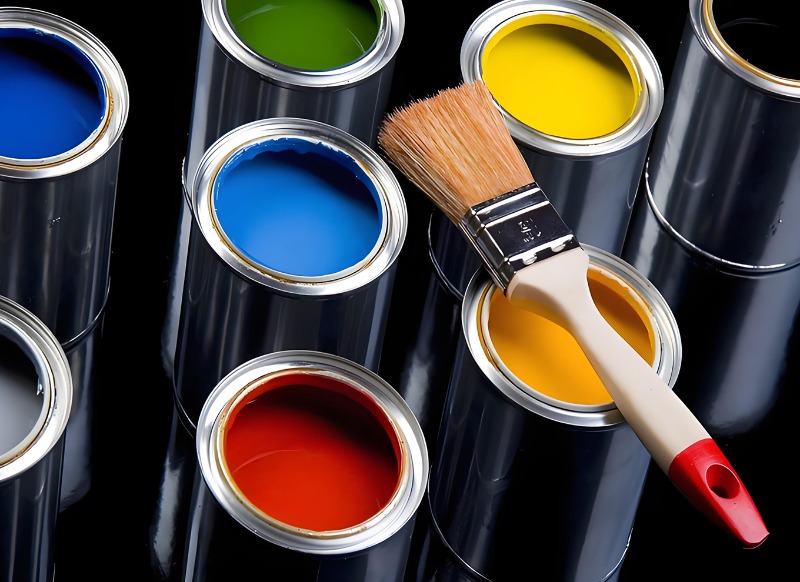
FAQ
1. What is the main difference between iron oxide brown 686 powder and the 663 grade?
The 686 grade offers a deeper brown tone, higher tinting strength and superior weather/alkali resistance compared with 663.
2. Can I use iron oxide brown 686 powder for concrete colouring in precast facade panels?
Yes — the 686 grade is well suited for coloured concrete and architectural elements thanks to its strong hiding power and durability in cementitious systems.
3. What should I check if the specification calls for **low heavy metal iron oxide brown 686 powder grade**?
Look for heavy‑metal test certificates, compliance with regulatory standards (e.g., REACH) and stable dispersion performance. Ensure your supplier offers a specific low heavy‑metal version.
4. How does the performance of **synthetic iron oxide brown 686 pigment applications** differ in coatings vs plastics?
In coatings you stress weathering, UV, alkali; in plastics you stress heat stability, melt compatibility and dispersion. The 686 grade is engineered for both, but formulation adaptation is key.
5. Does iron oxide brown 686 powder weather and alkali resistance mean it will never fade or deteriorate?
While the 686 grade has excellent weather and alkali resistance, all pigments are subject to extreme conditions. Proper formulation, application and maintenance still influence long‑term performance.

 English
English عربى
عربى русский
русский Español
Español